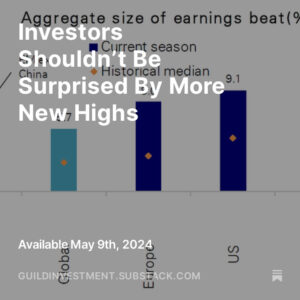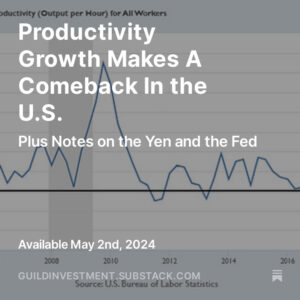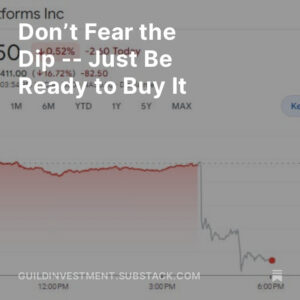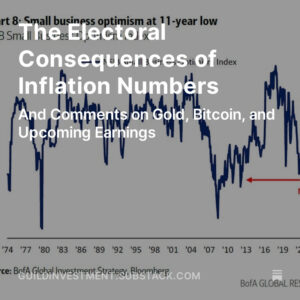
To many experienced investors, the U.S. stock market appears dangerously high. While investor and trader enthusiasm is taking the major stock averages higher, there is also an uncomfortable level of euphoria in certain types of stocks, themes, and groups, such as:
- Environmental themes: Global electrification, battery storage, electric vehicles, solar and wind power generation, and pollution reduction have received intense attention and investor inflows since the election.
- SPACs: In recent months hundreds of so-called “blank check” special-purpose acquisition companies have been formed, raising record sums, and often commanding sky-high valuations merely on the basis of who their sponsors and managers are and speculations about possible acquisition targets.
- Heavily shorted companies: Legions of Gen Z traders who have spent much of the pandemic trading options on Robinhood have started to focus their attention on companies whose shares have a large short interest. The traders’ gaming of the chat boards and stock-trading web sites has created occasional dramatic short squeezes (witness the astonishing recent price action in Gamestop [GME]). This “democratization of speculation” is a trend that seems unlikely to abate, and may summon regulatory responses of various kinds which could have unforeseen side-effects. Traditional brokers, as well as the new electronic trading venues, may also decide to restrict this kind of speculative activity if it is becoming a liability to them.
- Disruptive technology companies (many with no near term prospects for profitability): Last year’s pandemic crash reshuffled the fortunes of a lot of industries, and technology proved to be the real deciding factor. The trillions in stimulus coupled with the growing optimism for a sharp economic recovery are steering a tsunami of liquidity towards innovation as many investors are willing to look out much further into the future for profits than in the past. (This wave of entrepreneurial activity will be hurt if capital gains taxes rise.)
Note that these themes are distinct from the stock market and whatever prices investors are currently willing to pay for shares of related companies. The themes may well run for years, even for decades. We counsel against investors trying to predict the top in such long-term, secular, global processes.
We Are Not Fundamentally Pessimistic
Clearly, however, at some point, some internal excess or external event will trigger markets to tip into correction — indeed, one may already be unfolding. Of course there are countless such potential catalysts, from a change of sentiment driven by a public health setback or political event, to a geopolitical problem in a global flashpoint, to a financial or fiscal policy misstep; such problems are legion.
However, on the basis of all the factors we have outlined for months, we are not fundamentally pessimistic. There will undoubtedly be long-term consequences of the extraordinary actions taken by the Federal Reserve and the Treasury over the past year, and the further extraordinary spending that is being prepared under the Biden administration. We believe those consequences remain distant and that investors who retreated from markets too soon would suffer significant opportunity costs. Massive amounts of “free liquidity,” as we noted last week, will eventually drive stocks higher after whatever near-term correction transpires.

There are ways to trade these overly extended markets without missing out on the rest of the move should it continue; and we are sharing a few strategies learned over the past five decades.
Trading Extended Markets: Rules of Thumb
If one doesn’t want to take risk off the table, how can one trade in such an extended market environment?
- As stocks rise, move your stops up.
- Take some profits in the highly extended names — or consider taking out your cost basis entirely. This will give you cash to allocate on dips.
- If you have positions that you bought not out of conviction and understanding, but simply because you saw their momentum, these should require more scrutiny and be kept on a shorter leash. As the old saying goes, “Don’t turn a trade into an investment.”
- If there are positions in which you have profits that you prefer not to take, hedge those positions with options or with appropriate inverse ETF proxies.
- Pullbacks will come, so maintain an up-to-date buy list on which you can act when a decline occurs.
- Have price targets for your purchases, or average in over a period of a few weeks.
Long-Term Factors To Watch
In addition to these trading strategies, traders and investors should keep sharp attention on important macroeconomic factors, including particularly:
- Federal Reserve policy and intentions (including asset purchases, short-term rates, and major policy shifts such as the introduction of yield curve control);
- Presidential and congressional spending plans;
- Foreign governments’ monetary policy and spending plans; and
- The direction of the U.S. dollar.
Diversification should also be on the radar of both traders and investors. On weakness, and when taking profits on extended names as noted above, we think it makes sense to diversify in two ways:
- Internationally, as we have discussed in many recent letters: to emerging markets, China, India, Korea, and Japan;
- and thematically, to some pandemic rebound and recovery industries and stocks that have led the uptrend — after a healthy decline of 10–20%.
We continue to believe that allocations to gold, and to cryptocurrencies for those who are able and sufficiently tolerant of the volatility, are prudent.
A market is made up of millions of investors, and countless cross-currents. After the events of the past year — economic, political, social, medical — the environment may seem particularly confounding. We always close this letter by saying that we welcome your calls and questions, and we mean it. If you’d like our opinion on any market-related topic, drop us a line or give us a call.







